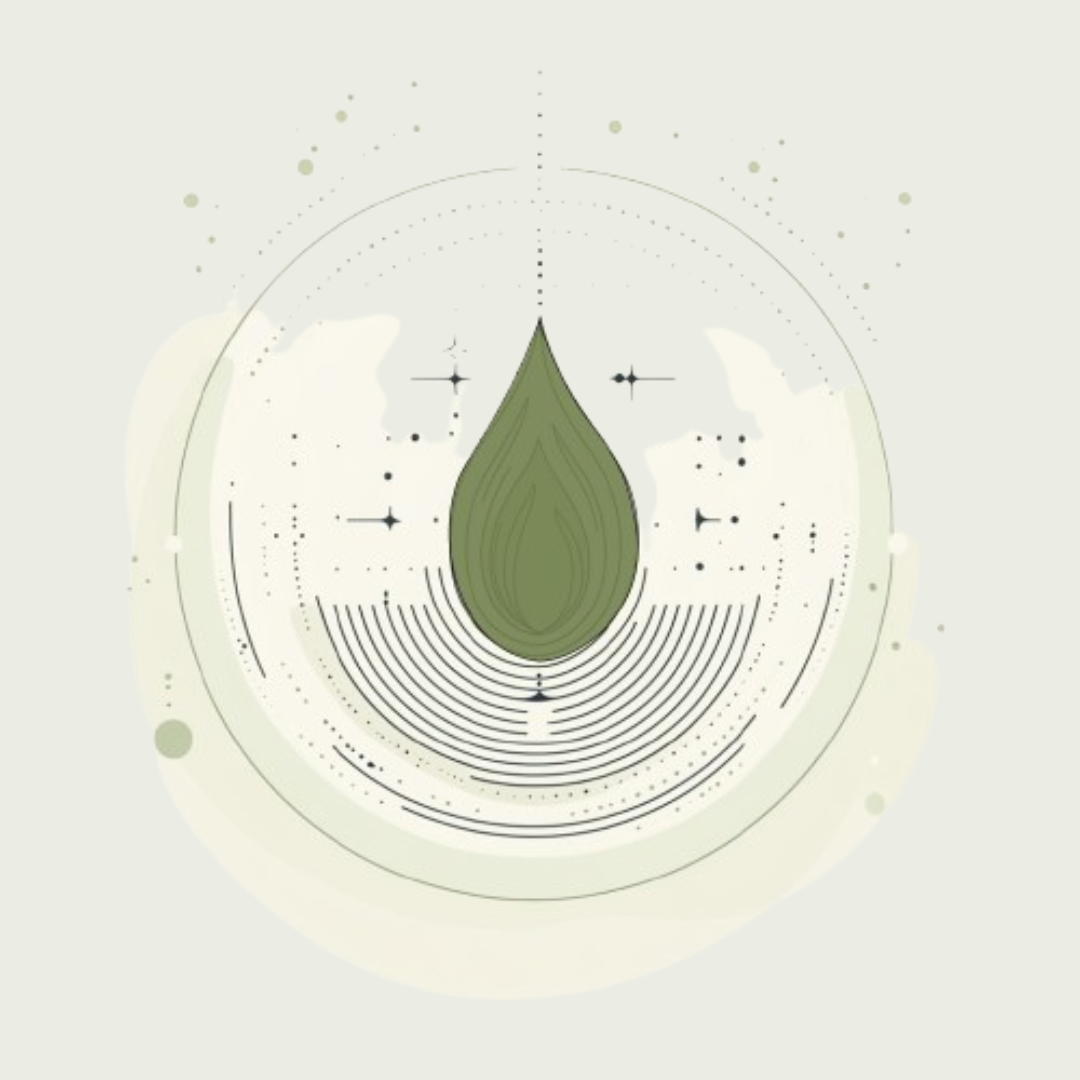Highlights
If you struggle with migraines, you know it’s more than just a headache. The throbbing pain, nausea, and sensitivity to light and sound can leave you exhausted throughout the day.
Triggers like stress, irregular meals, and poor sleep often make it worse. Ayurveda sees migraines as a result of imbalanced doshas, particularly excess Pitta and Vata, affecting the nervous system and blood flow.
But relief isn’t just about temporary fixes. Ayurvedic treatments offer a holistic approach with herbal remedies, therapies, and lifestyle changes to address the root cause and prevent recurrence. Let’s explore how you can find lasting relief the natural way.
What is Migraine?
Migraine is a neurological illness that causes a throbbing headache with extreme pain and a pulsating sensation, typically on one side of the head. In most cases, migraine causes nausea, vomiting, and exceptionally high sensitivity to sound and light.
The most common pain areas are the eyes, neck, nose, head, and face. When a migraine headache crops up, it may last between 4 to 72 hours or more.
Causes of Migraine
The exact reason for migraines is not fully known, but research suggests that they are complex neurological disorders involving multiple factors. These factors that may contribute to migraines
- Genetics: Migraines tend to run in families, knowing that the condition may have a genetic component.
- Environmental triggers: Certain environmental factors, such as changes in weather, exposure to bright lights or loud noises, and certain smells or odours, can trigger migraines in some people.
- Hormonal changes: Changes in estrogen levels, particularly in women, can trigger migraines.
- Lifestyle factors: Certain lifestyle factors, such as lack of sleep, stress, and irregular eating habits, can trigger migraines.
Migraine Treatment in Ayurveda
Ayurveda offers various potential solutions to migraines. This helps ensure the symptoms are relieved and the chances of reoccurrence are reduced. The first step is to start at home. Let’s explore some of the best home remedies proven to reduce or control migraines.
Home Remedies for Migraine
The best thing about these remedies is that they focus on treating the concern from the root. Here are some of the primary home remedies for migraine.
1. Managing Your Diet: What to Avoid?
The food you eat can largely determine your health. And the same holds true while dealing with migraine. While trying to manage a migraine headache, several food items may not be the most suitable to consume. It’s advisable to avoid the following foods:
- Bacon, sausages, and deli meat.
- Cheese containing tyramine - cheddar, feta, blue cheese, etc.
- Chocolates
- Limited consumption of alcohol. Red wine should be strictly avoided.
- Extremely cold foods such as ice creams or cold beverages.
- Beans
- Processed foods
- Pickles
- Cultured dairy, including buttermilk, yoghurt, etc., in excess
- Dry fruits in excess
2. Inhale Lavender Oil
A review published in 2020 concluded that three months of lavender therapy reduced the frequency and severity of migraine pain attacks.
Lavender oil can help manage migraine pain. You can inhale it directly or dilute it with carrier oil for relief. You can also gently massage your temples with the oil.
Aromatherapy and Ayurvedic nasal therapies have long been used to manage migraines and related discomforts. While lavender oil helps ease migraine pain through inhalation and massage, Anu Thailam works by balancing Kapha dosha and clearing nasal congestion, which can be a common trigger.
Nasya with Anu Thailam is a great option that can be done on an empty stomach in the morning after brushing and evacuating your bowels 30 minutes before bath. This helps relieve migraines linked to sinus issues, allergies, and nasal dryness, promoting better breathing and overall relief.
3. Use Ginger
Ginger is a herbal remedy that can help ease nausea caused due to migraine. Simply grate 1 tablespoon of ginger into your regular tea or boil 1 tablespoon of ginger in water and consume it with honey. This helps manage the migraine symptoms, including nausea, dizziness, etc.
You can consider adding small quantities of ginger to your daily food or tea to reap maximum benefits.
4. Apply Peppermint Oil
Peppermint oil contains menthol, which can help prevent migraine pain attacks. To use peppermint for your migraine headache, apply 1-2 drops of peppermint oil to your temples & gently massage.
Alternatively, you can also try using balms like KM Lepam on your temples, which contains herbs to relieve migraine, headaches, pain, swelling, and inflammation. Gentle massage on the forehead and temples for faster relief.
5. Practice Yoga
Yoga is a form of physical exercise that can help align your body and mind. It can also ease various body pains and offer relief from migraine headaches. While some poses may provide immediate relaxation, regular practice helps manage migraines by reducing stress, improving blood circulation, and balancing the doshas over time.
The following yoga poses may help you manage migraine and its symptoms for an instant relaxation:
- Adho Mukha Svanasana (Downward facing dog pose)
- Prasarita Padottanasana (Wide-legged forward bend pose)
- Shishu asana (Child pose)
- Janu Sirsasana (Head to knee pose)
-
Hastapadasana (Standing forward bend pose)
6. Stay Hydrated
When you are dehydrated, your body loses fluids and essential minerals, which can affect the normal functioning of your brain and nervous system. This can lead to a headache, including migraines. Consume much water and other liquids, particularly when working out, in hot weather, or when you have migraine headaches frequently.
You can also eat foods high in water content, such as watermelon, cucumber, celery, and lettuce. Apply a cool compress to your neck or forehead to relieve the ache.
For deeper, Ayurvedic support, products like Pathyashadangam Kwath is an Ayurvedic medicine used to help in experiencing relief from migraines. This balances all three Doshas to help detoxify, hydrate and support healing.
7. Get Rest
Rest can be an effective way to manage migraine, as it can help to reduce stress and tension, which can often trigger or worsen migraines.
Find a quiet, dark room where you can rest without any distractions. Lack of sleep can also trigger migraines. Make sure you get enough restful sleep at night, and consider taking a nap during the day if needed.
Suggested read: Yoga Nidra Meditation for Sleep - Benefits and How to Do It
Note: Consult an Ayurvedic practitioner if you have existing medical conditions before adding any medicines to your routine.
The Bottom Line
Migraine headaches can be one of the most inconvenient and painful neurological health concerns. To keep yourself healthy, taking care of your migraine concern and managing it through suitable treatment options discussed in this blog is crucial.
Let’s look at what we learned:
- Migraine is a neurological health concern that can cause severe headaches, dizziness, drowsiness, and several other symptoms. Modern medicine classifies migraine into eight different types.
- Ayurveda takes a comprehensive approach to treating and managing migraine pain.
- Through Ayurveda, migraine can be managed using various home remedies and Ayurvedic medicines.
Practice the remedies regularly to make sure your migraine headache does not aggravate. If the condition gets more severe, consult an Ayurvedic physician or your family doctor for treatment.
Looking for natural relief from migraines? Kerala Ayurveda offers natural ayurvedic products like KM Lepam, Pathyashadangam Kwath, and Anu Thailam to help relieve migraine headaches and discomfort. Made with time-tested herbs, these products ease pain and restore balance.
Looking for the right solution? Explore our migraine relief products or consult our Ayurvedic experts for personalized guidance.
FAQs
1. Can Ayurveda really help with migraines?
Yes! Ayurveda offers a holistic approach to migraine management, addressing the root causes through lifestyle changes, dietary adjustments, herbal remedies, and therapies.
2. Are there specific Ayurvedic medicines for migraines?
Yes, Ayurvedic practitioners may recommend specific formulations based on your constitution and the type of migraine you experience.





